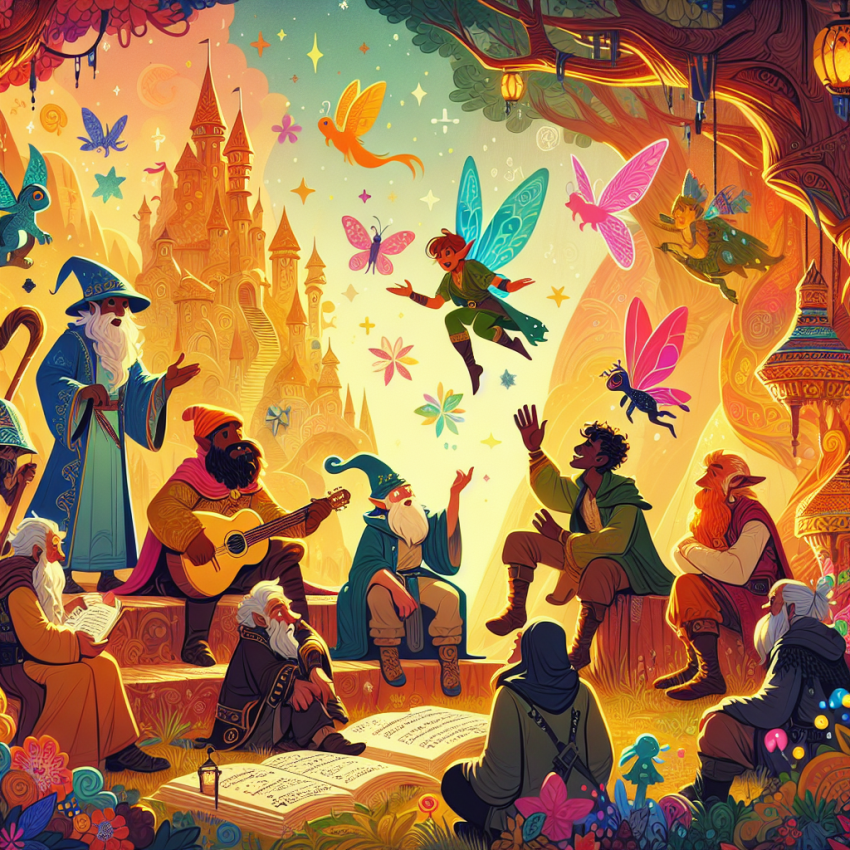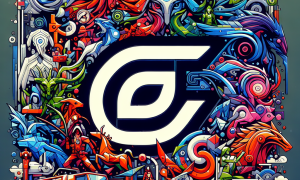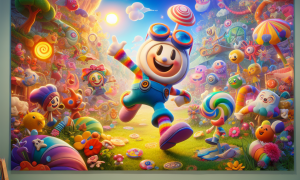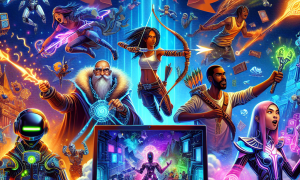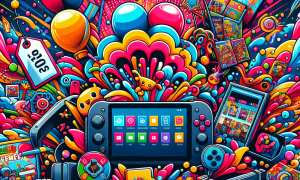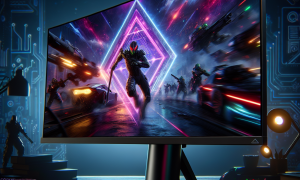When it comes to narrative-driven games, few titles have caught the attention of the gaming community quite like “Metaphor: ReFantazio.” As an innovative RPG developed by the creators of the acclaimed “The Legend of Heroes” series, this game promises a rich narrative experience that delves deep into the human psyche. In this article, we’ll explore the strengths and weaknesses of “Metaphor: ReFantazio,” shedding light on what makes this title a standout in the genre, while also considering areas where it may fall short.
The Allure of Narrative-Driven RPGs
Narrative-driven RPGs have carved out a unique niche within the gaming landscape. Players are drawn to the sophisticated storytelling, character development, and memorable worlds that these games offer. As the genre evolves, games like “Metaphor: ReFantazio” push the boundaries of what interactive storytelling can achieve.
Strengths of Metaphor: ReFantazio
Rich Visual Storytelling
One of the hallmarks of “Metaphor: ReFantazio” is its stunning visual aesthetic. The game artfully blends traditional Japanese anime styles with modern graphical advancements, creating a world that feels both familiar and fresh. Each environment is meticulously designed, inviting players to immerse themselves in a vibrant universe filled with intricate details.
Complex Characters and Relationships
At the heart of every great narrative-driven game lies its characters. “Metaphor: ReFantazio” excels in presenting a diverse cast, each with unique backstories and motivations. Players are offered the opportunity to delve deep into character interactions, making choices that significantly impact the story.
Key character relationships include:
Innovative Gameplay Mechanics
The gameplay of “Metaphor: ReFantazio” stands out due to its innovative mechanics that complement the narrative. Puzzle-solving elements are effectively woven into the storytelling, allowing players to engage with the plot in a more interactive manner. Furthermore, the integration of combat mechanics that reflect emotional states adds a unique layer to the gameplay, tying player choices directly to the narrative outcomes.
Engaging Themes and Philosophical Depth
The game tackles profound themes that resonate with players on a personal level. Topics such as identity, self-discovery, and the human condition are subtly interlaced throughout the story, inviting players to reflect on their own experiences. This depth not only engages players but also encourages meaningful discussions among the gaming community.
Weaknesses of Metaphor: ReFantazio
Pacing Issues
While “Metaphor: ReFantazio” boasts a compelling narrative, pacing can become an issue. Some players may find the story meanders at times, leading to stretches where action or significant plot developments feel sparse. This slower pacing may cause players to lose interest, particularly if they prefer fast-paced gameplay.
Accessibility Concerns
The game’s intricately woven plot and philosophical themes may not be accessible to all players. Newer gamers may find themselves overwhelmed or confused by the depth of the story, leading to a disjointed experience. Additionally, players who are not familiar with Japanese RPG conventions might struggle to navigate the complex environments and character relationships fully.
Technical Hiccups
Despite its stunning visuals, “Metaphor: ReFantazio” is not without technical flaws. Some players have reported issues with frame rates and occasional bugs that detract from gameplay. These technical hiccups can cause frustration, especially in a genre where immersion is key to experiencing the narrative.
The Musical Score
The soundtrack of “Metaphor: ReFantazio” deserves special mention for its ability to enhance the emotional weight of the story. Composed by renowned artists, the music acts as an additional layer to the game’s narrative, guiding players through their journey. However, some might argue that certain tracks can lack diversity, leading to moments of monotony over extended play sessions.
Final Thoughts: A Balancing Act
“Metaphor: ReFantazio” undoubtedly offers a captivating journey through an artistically crafted world filled with emotionally rich narratives and characters. Its strengths lie in the exceptional visual storytelling, complex character relationships, and innovative gameplay mechanics that keep players engaged in the story.
However, potential players should be aware of the game’s pacing issues, accessibility concerns, and technical hiccups. Overall, whether “Metaphor: ReFantazio” becomes a beloved classic or remains a niche title may depend on how well it resonates with the ever-evolving landscape of gamers seeking meaning within their virtual experiences.
In conclusion, “Metaphor: ReFantazio” symbolizes both the promise and challenges of combining deep narrative with interactive gameplay. With its unique take on storytelling, it opens the door for enhanced engagement in the interactive medium but also serves as a reminder of the complexity and nuance required to successfully balance these elements in the age of gaming innovation.
If you have a penchant for narrative-driven experiences that delve into the intricacies of life, “Metaphor: ReFantazio” may offer you the adventure you’ve been searching for—though it may require a patient and engaged spirit to uncover all it has to offer.
Citation: Celebrating Metaphor: ReFantazio’s Greatness, Criticizing Its Faults, And More Of The Week’s Top Takes written by Kotaku Staff
